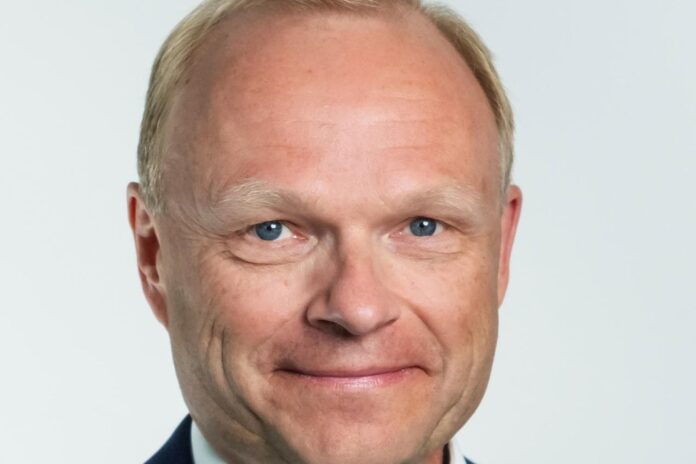Samsung is rumoured to be interested in the mobile networks division which is Nokia’s largest with an estimated value of about $10 billion
Last Friday Bloomberg reported that Nokia has consulted advisors about divesting itself of its mobile networks business. The Finnish firm is struggling to drive sufficient revenues from its largest division which is valued at about $10 billion. The 5G market – RAN and core – has tanked over the last two years as operators use up overstocked inventory and delay network upgrades.
Not in good shape?
In April, Lightreading reported that Vodafone, which plans to deploy open RAN across Europe starting in the UK, was looking for more diversity in its radio supply chain. Iain Morris’ article quoted Andrea Dona, Vodafone UK’s Chief Network Officer, saying, “What is the state of Nokia? Not great, from what I read. It’s worrying…So we need to inject diversity in the network. We need another option. Samsung could be it.”
Even before that, Nokia had been outgunned by the likes of Huawei but then failed to benefit as much as was initially expected from sanctions against the Chinese telecoms equipment maker in the US, the UK and much of Europe, plus New Zealand, Taiwan, Japan and Australia.
Last December Nokia lost out to Ericsson in a RAN contract worth up to $14 billion over the next five years, which will involve replacing Nokia equipment in AT&T’s network.
According to the Bloomberg report, potential suitors included Samsung Electronics Co. The news agency said that Nokia might also consider entering into a partnership. For its part, Samsung wants to scale up its RAN business.
No intentions
However, a Nokia spokesperson told Bloomberg that it is committed to the success of the mobile networks business, which it said is “highly strategic” for the company. It also said in a statement after Bloomberg’s story was published that it has “nothing to announce” and said there is “no related insider project.”
Nokia’s mobile networks division supplies base stations, radio technology and servers to mobile operators globally. The division is Nokia’s largest and contributed about 44% of its total revenue last year, Bloomberg says.
Holistic approach is biggest strength?
Nokia has also argued that the breadth of its portfolio is one of its greatest strengths and a unique selling point. For instance, as Bloomberg highlighted, in July, Pekka Lundmark, Nokia’s CEO (pictured), said in an interview with CNBC, “We are the only company in the world outside of China that is able to deliver all key parts of the network infrastructure that is needed: the core network software, transport network, all the optical connections, and then both fixed broadband and mobile access networks. There isn’t anybody else.”
While Nokia’s mobile business might be flagging, in line with global trends, the Finnish firm’s fixed networks division is expanding. In June, Nokia announced it is to acquire US-based Infinera for $2.3 billion. Infinera specialises in optical network technologies and is appealing because of the boom in data centres and their associated infrastructure, driven by the processing needs of AI.
At the time of Infinera announcement, Nokia also said it would divest itself of Alcatel Submarine Networks business, so that its reshaped network infrastructure division will based on three pillars of fixed, IP and optical networks.



